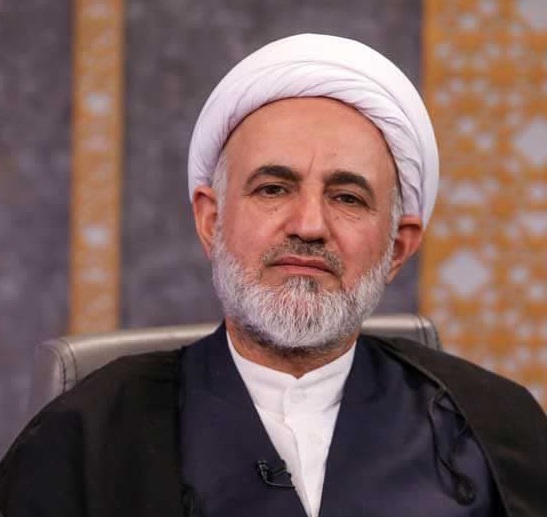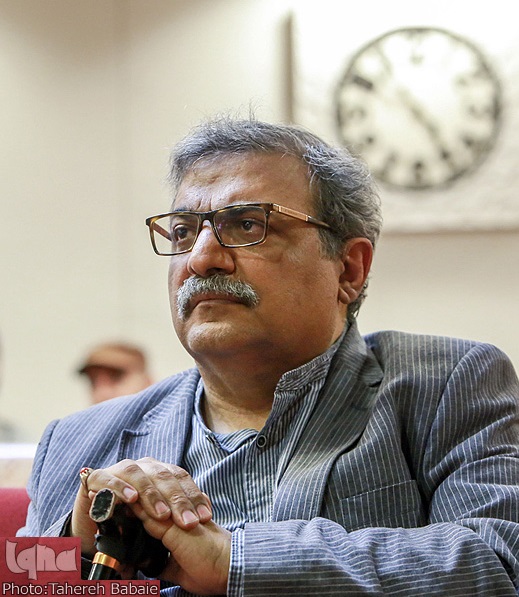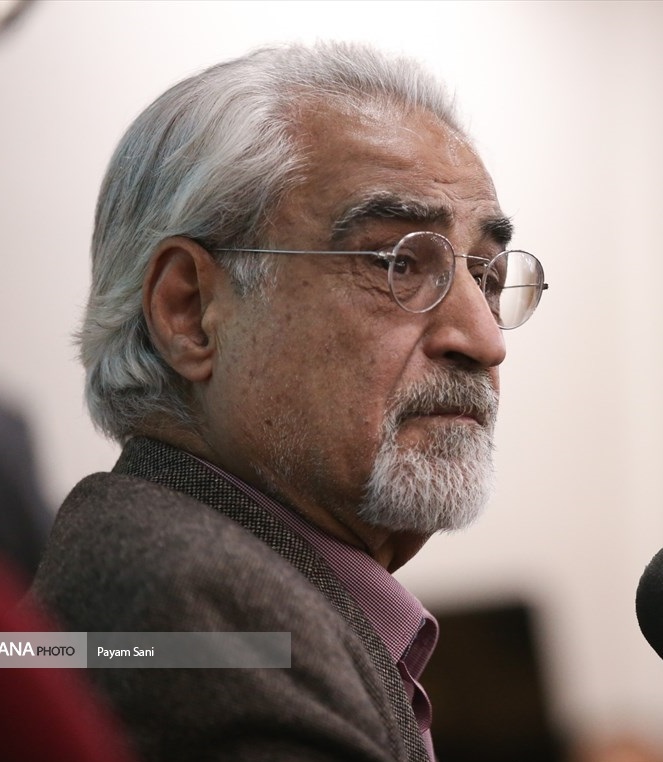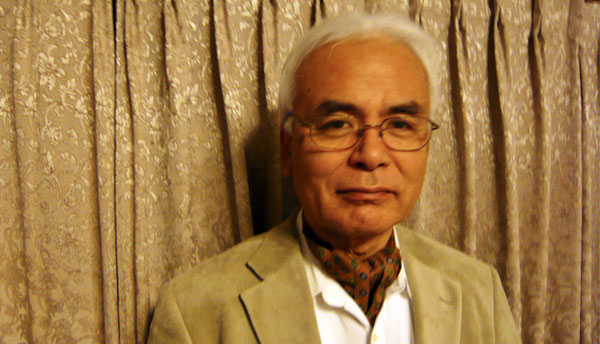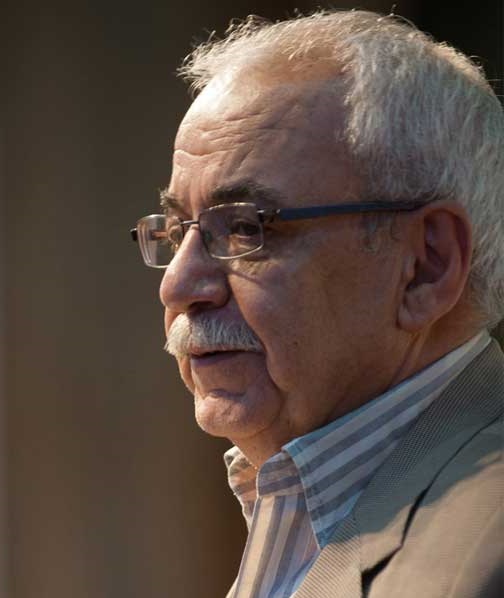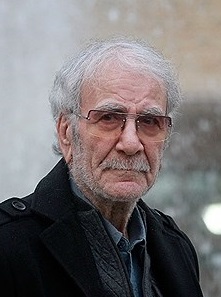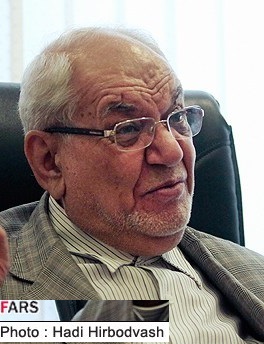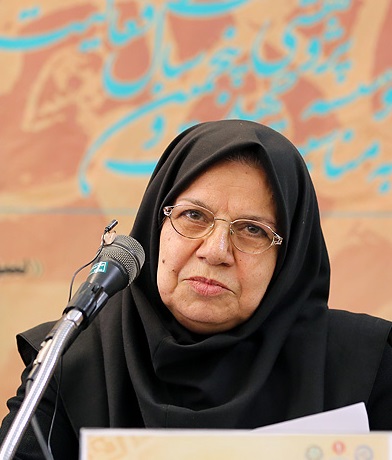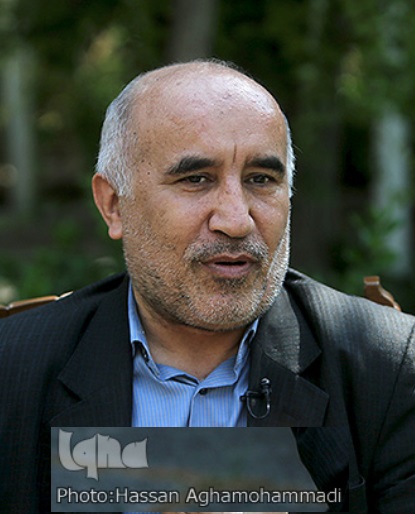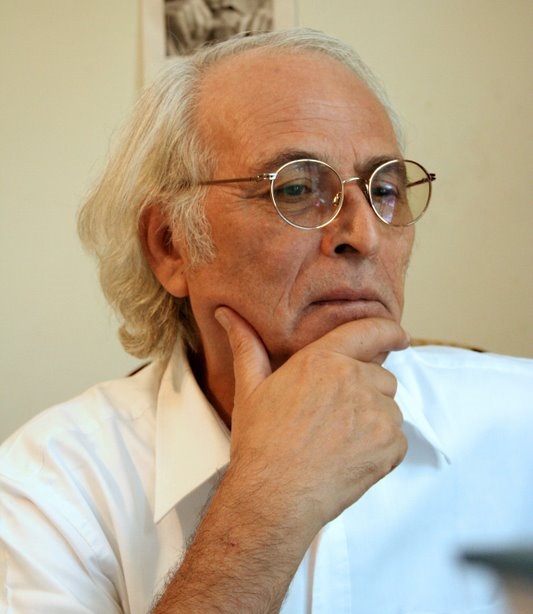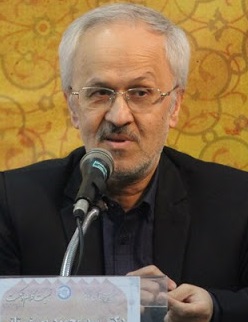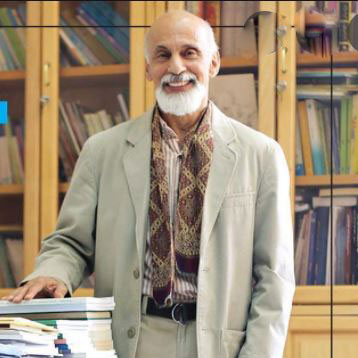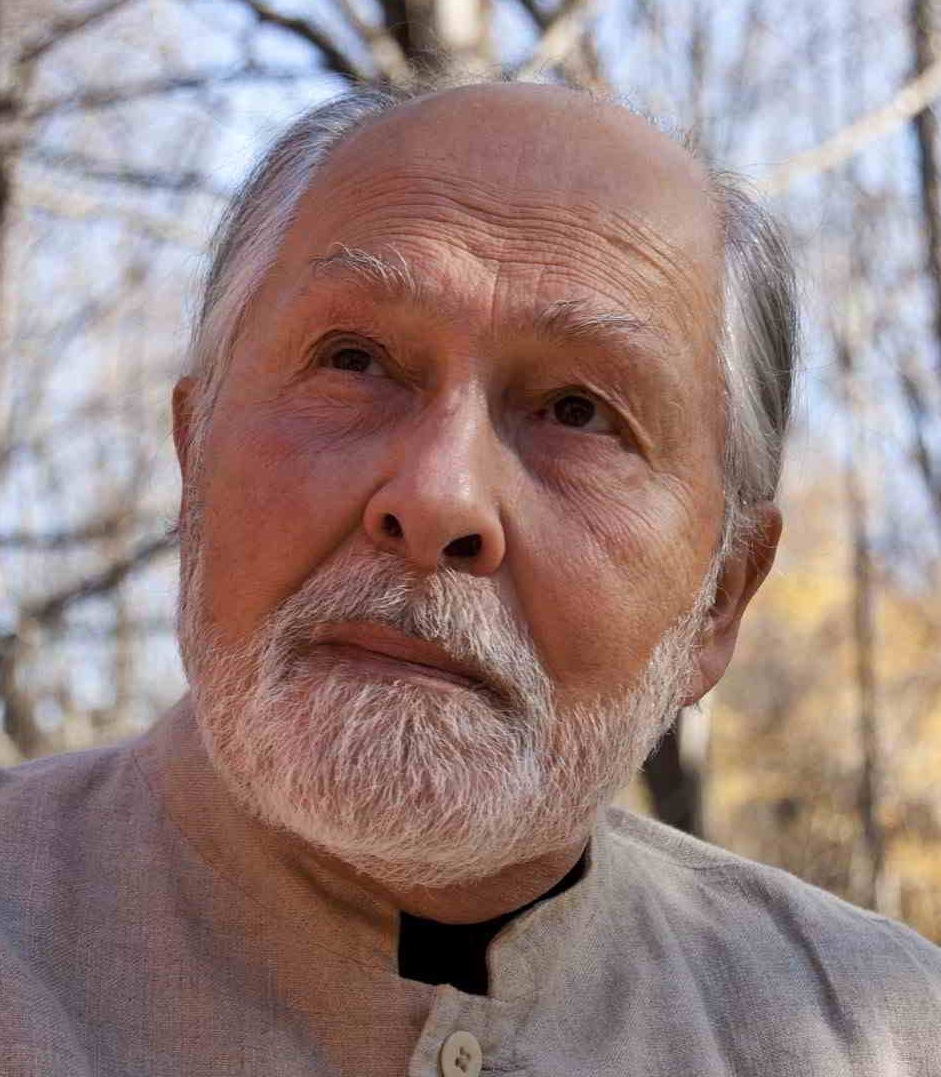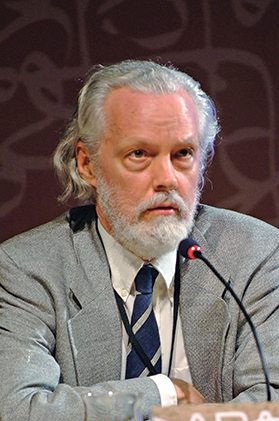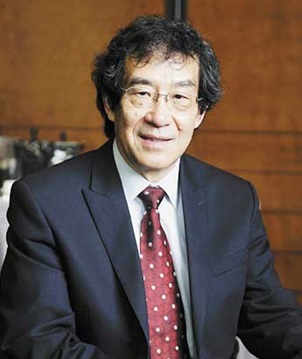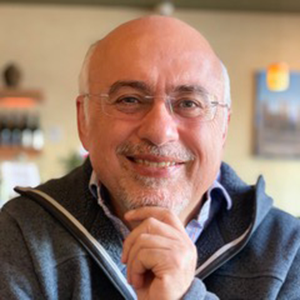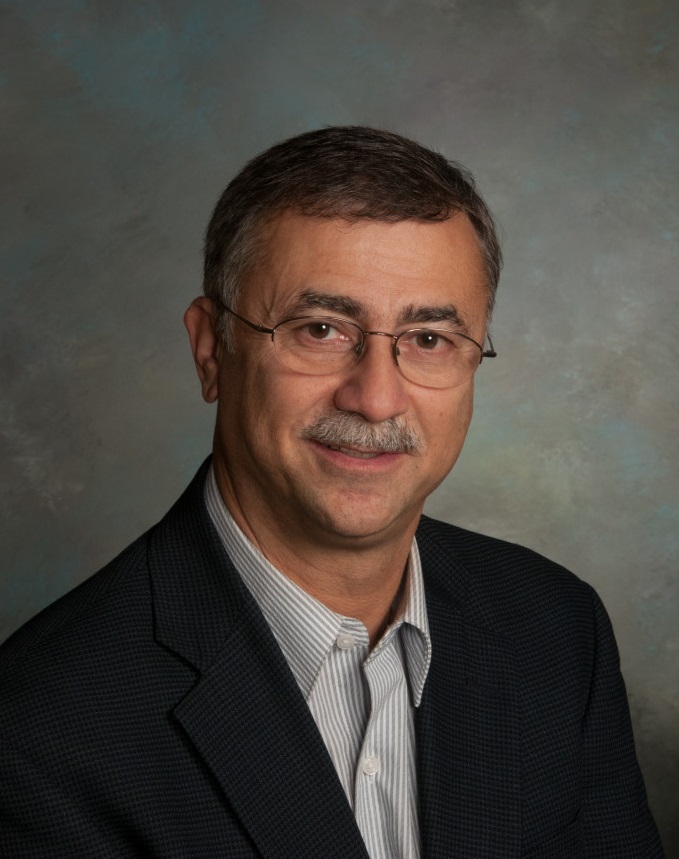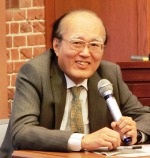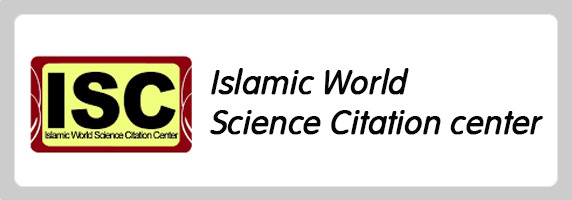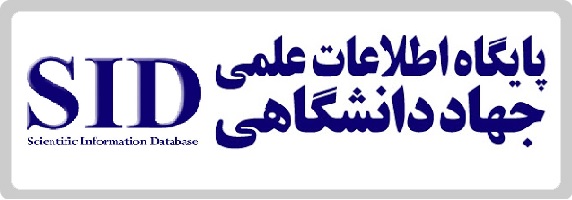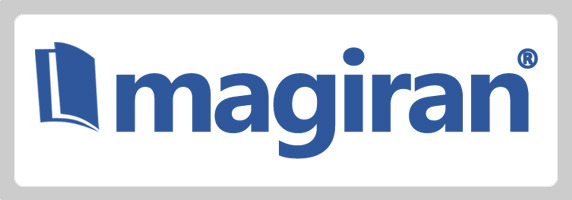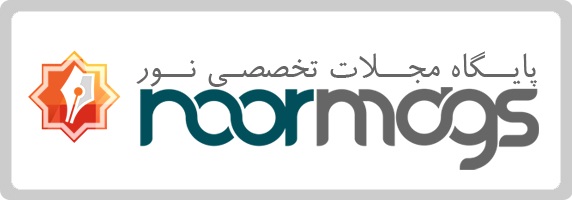The Foundations of Heraclitus' Criticism of Poets
Keywords:
Heraclitus, poets, criticism, language, Logos, EnigmaAbstract
AbstractThis article examines the main reason for Heraclitus’ criticism of poets. In this way, we first make a brief reference to the principles of Heraclitus’ views and then, we study his manner of expression, attaching this enigmatic method of expression to his pivotal view of language. From this perspective, language is at least one of the meanings that Heraclitus refers to in his application of the concept of the Logos. And thus, contemplating the language and the exploration of the facilities of the language, in his view, is a way to attain wisdom and grasping the truth of the world. Based on this interpretation and based on this conclusion, we will examine some fragments as case study in which Heraclitus criticized poets such as Homer and Hesiod. In this study, we will show that this criticism can also be considered essentially based on Heraclitus’ view of language; i.e. Although the application of language is the main substance and essence of the art of poetry, Heraclitus insinuates in various ways that poets are unable to comprehend the essence and profundity of language and, in other words, are unable to solve the enigma of language, the enigma that requires the content of harmony and accommodation of contradictions. Therefore, it can be said that Heraclitus’ aim in criticizing poets is to try to exclude those who can be considered as rivals for him in the field of language comprehension.Keywords: Heraclitus, Poets, Criticism, Language, Logos, EnigmaAs Plato said, the conflict between the poetry and philosophy is old in the Greece tradition. Besides Plato and Xenophanes, Heraclitus also had participated in this conflict and criticized the poets in his philosophy. However, each of them had their special perspective in criticizing the poets and participated in this conflict based on their special theoretical principles. Xenophanes especially had a religious view and considered the poets' definitions of gods as a shameful image. It is not so easy to summarize the critical view of Plato but we can say that, among all the subjects and issues, the main subject that had motivated him to criticize the poets was the harm that he believed the poets, in terms of ethics, imposed on the audiences.Among these, the clarity of Heraclitus' view, which forced him to criticize the poets, is the least. Maybe, the complexity of Heraclitus' language is one of the reasons for the lack of clarity. The efforts for interpreting and understanding Heraclitus' thought were mostly focused on the essential basics of his thought, his polemical fragments also have been seen together, and there are no special attention to the basics of his criticism of poets.In this paper, we will explain the especial view of Heraclitus about criticizing the poets and try to show how his critique has an unbreakable bond to the basics of this thought. According to this paper, the kind of Heraclitus' view of language is the most essential basic, which his critique about the poets is based upon it. In this regard, the author of this paper has two tasks: first, explaining the role of language in Heraclitus' philosophy, and second, indicating the connection between his critique of the poets and his especial view about the language. Heraclitus always has been known as a philosopher who presents his ideas in a complex and puzzling way. The recent studies about his philosophy consider the essential view of Heraclitus about the importance of language as a justified and documented reason for the kind of use of language; according to this essential view language is no less than of a manifestation of the basic truth of the universe. From this point of view, Heraclitus considers the language as one of the most important implications of 'logos' by understanding of which we can understand the Logos in its basic meaning i.e. the principle of the world. In the other words, language is a complex and puzzling image of the complex and puzzling rationality of the world and we can understand the main truth by understanding the complexity and meaning of this image. Therefore, since he believes that the language itself is like a puzzle then his language is also puzzling; he also believes that we can understand the truth of the world by addressing this puzzle and solving it.However, in spite of this presenting method of Heraclitus that can be considered as a poetic method, although never converts to a poem termly, he criticizes the poets such as Homer and Hesiod repeatedly. In this paper, we have tried to explain the common point of reliance and basis of these critiques in the framework of Heraclitus' philosophy by studying the fragments related to the critique of the poets. This study shows that always, in all cases, it is assumed that the poets could not understand the deep layers of language such as the various relations between words and phrases, and the hidden and secondary meanings that can be extracted from them. For example, we can mention these critiques: 1.The lack of understanding of Hesiod about the identity of night and day that are connected in the linguistic level. 2. The inability of Homer in solving a childish puzzle that needs an uncommon and unexpected meaning of the expressions to solve. 3. The hidden contradiction of Homer's sayings in the cases where he speaks about the war and its importance. Finally, 4. Emphasizing the priority of the hidden harmony compared to the apparent one can be an implication of the confrontation between the deep harmony between words and the superficial and rhythmic harmony existed in the poem. These cases are the most important critiques about the poets that existed in the Heraclitus' fragments and we can refer all of them to the common principle of inability in the deep understanding of the language.Therefore, as a conclusion, we can say that Heraclitus sees the language as an image or manifestation of Logos, and therefore it can be a manifestation of the truth of the world. In the other words, the language itself is a puzzle that needs a hearing ear, an expectation for finding an unexpected matter, and any attempt to deepen in the depth of the words. However, based on the interpretation of his critical fragments, Heraclitus believes that the poets could not deepen in the depth of the language, although they addressed the complexity of the language and explored the meanings of the words more than anyone else explored apparently. In Heraclitus' opinion, the poets cannot understand the puzzle, which means he believes that they are unable to reach the depth of language. If they understand the meanings of the words, even the meaning of the words they say, then they could understand the truth of the unity of opposites. As Heraclitus attempts to show, poets only address the language superficially, trapped in its apparent harmony, and only the prose-writer wise who achieve the mystery of unity could understand the hidden truth. In a sense, we can say that since the poets commonly are considered as the most familiar people with the deep essence of the language and the best people in recognizing the capabilities, complexities, and hidden meanings of the language, Heraclitus, the prose-writer, who knows the language as a manifestation of the world's truth and a domain for understanding and expressing it, can guarantee his position as a person who has an original and deep relationship with the language only by indicating the inability of the poets in deepening in the depth of the language.

